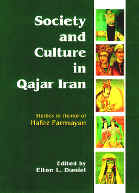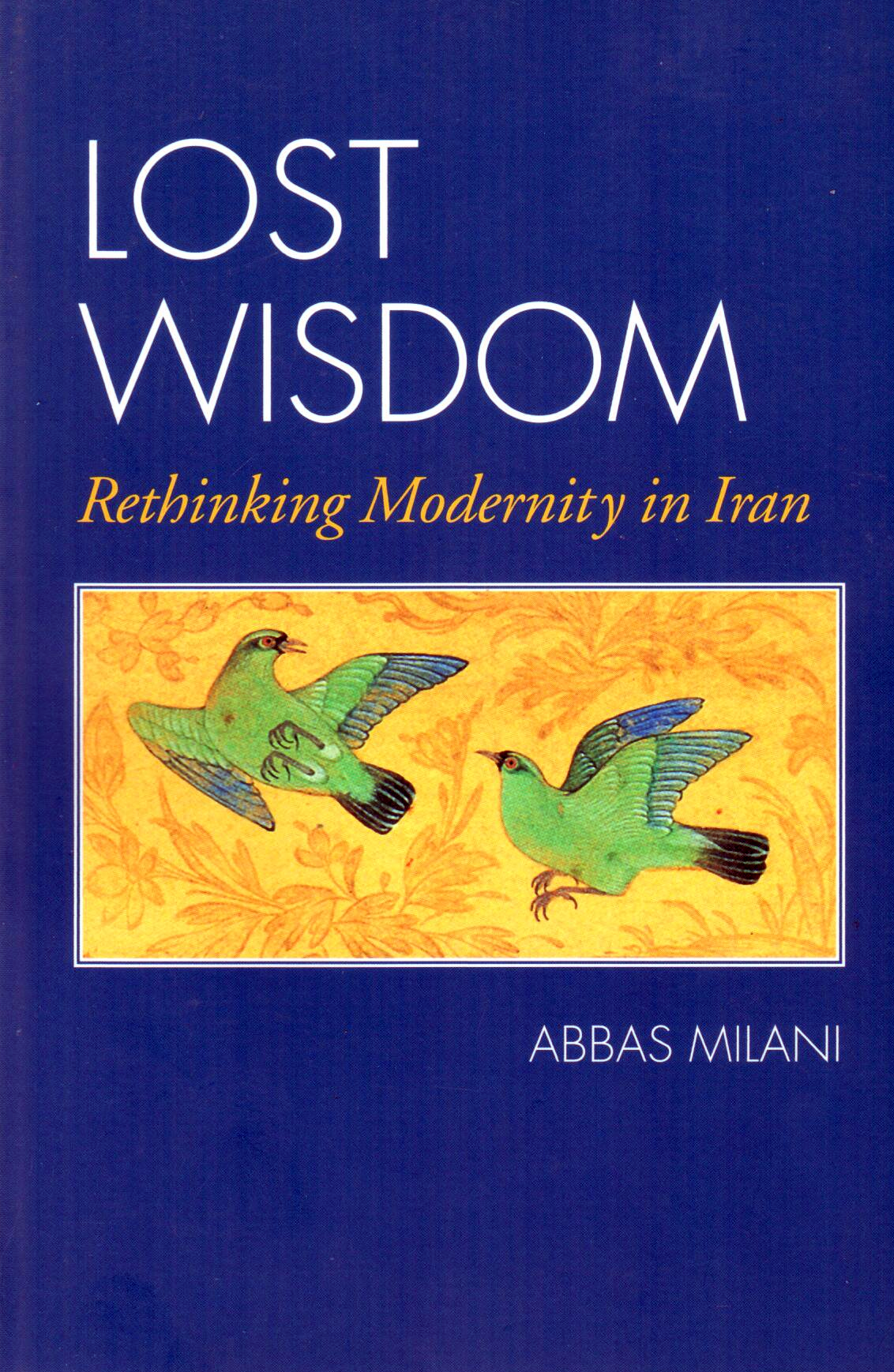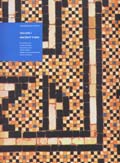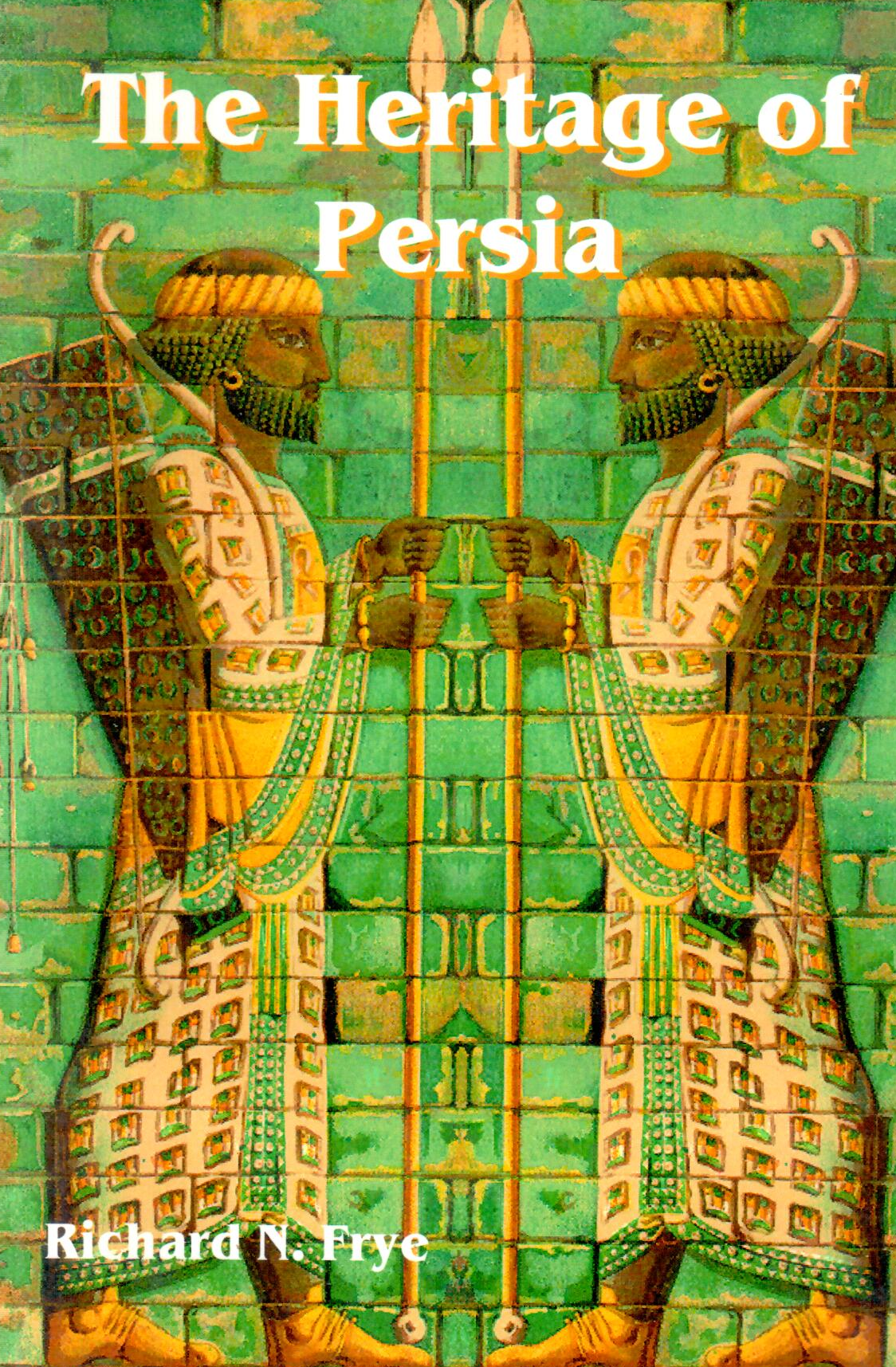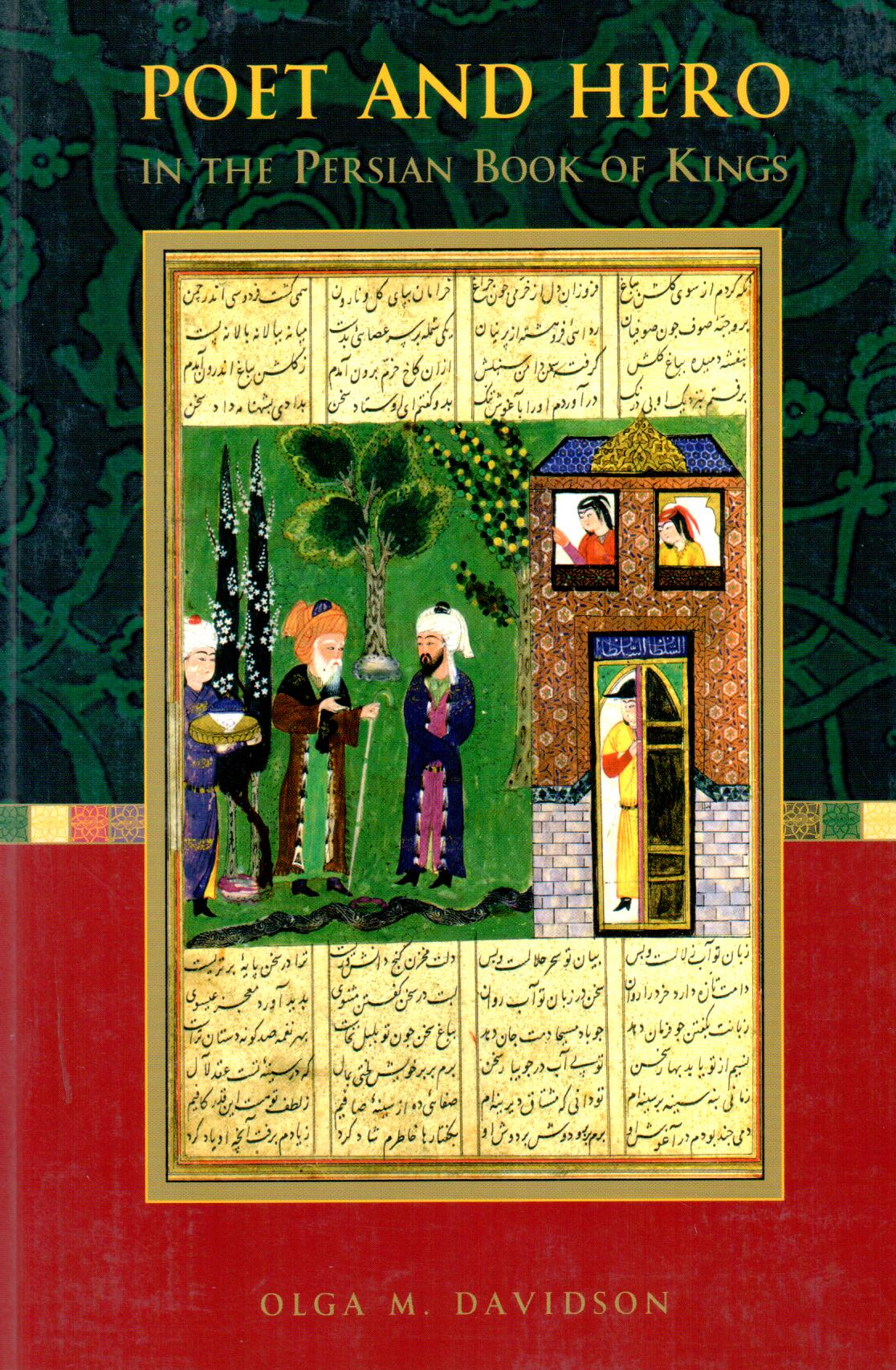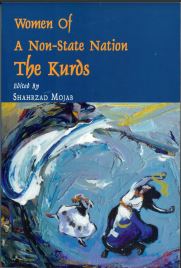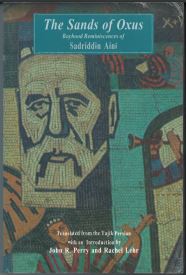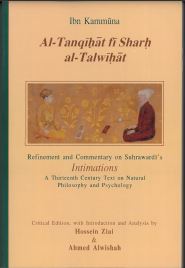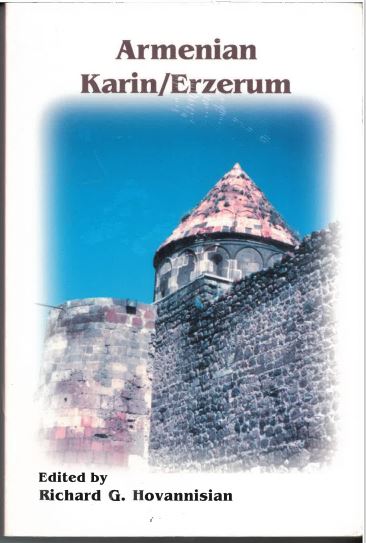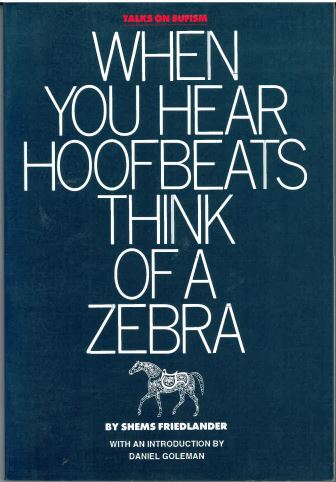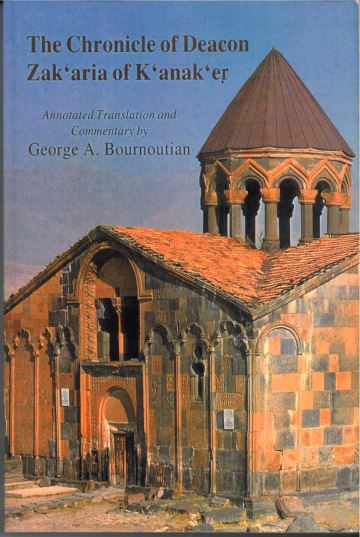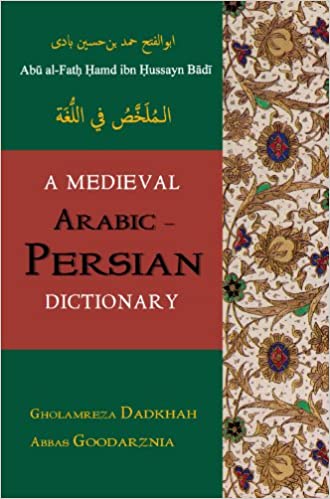Society and Culture in Qajar Iran: Studies in Honor of Hafez Farmayan الإنجليزية 1422
Society and Culture in Qajar Iran: Studies in Honor of Hafez Farmayan
39٫45 $
مشاركة
Wishlist
ISBN رقم:
1568591381
الناشر:
Mazda Publishers
الفئة العمرية:
البالغون
الصفحات:
369
الوزن:
750 g
أبعاد المنتج:
18 x 25 x 2٫58 cm
غلاف الكتاب:
غلاف کرتونی
(For US customer $ 45)
The Qajar period of Iranian history (1797-1925) is being reinterpreted by historians of modern Iran. Once considered as a time of static backwardness, the period is now more often recognized as an age of dynamic political and social change. Beginning with a brilliant renaissance of literature and arts early in the nineteenth century, Qajar Iran not only was able to hold its independence during the awesome age of Western imperialism, it also managed to transform its traditional tribal society into a modern Iranian nation state.
Hafez Farmayan, a pioneer in the scholarly study of Qajar Iran, was among the first historians to draw attention to the significant social and cultural change taking place during the Qajar period and often under Qajar patronage. This volume of essays by his students, colleagues, and friends attempts to further expand this understanding of Qajar history. After examining the circumstances which led to the establishment of the dynasty, they explore the innovations which took place in education and the arts as well as the changing status of women and the significant trends among the leading intellectual figures of the period.
Tra
more
(For US customer $ 45)
The Qajar period of Iranian history (1797-1925) is being reinterpreted by historians of modern Iran. Once considered as a time of static backwardness, the period is now more often recognized as an age of dynamic political and social change. Beginning with a brilliant renaissance of literature and arts early in the nineteenth century, Qajar Iran not only was able to hold its independence during the awesome age of Western imperialism, it also managed to transform its traditional tribal society into a modern Iranian nation state.
Hafez Farmayan, a pioneer in the scholarly study of Qajar Iran, was among the first historians to draw attention to the significant social and cultural change taking place during the Qajar period and often under Qajar patronage. This volume of essays by his students, colleagues, and friends attempts to further expand this understanding of Qajar history. After examining the circumstances which led to the establishment of the dynasty, they explore the innovations which took place in education and the arts as well as the changing status of women and the significant trends among the leading intellectual figures of the period.
Tra
more

